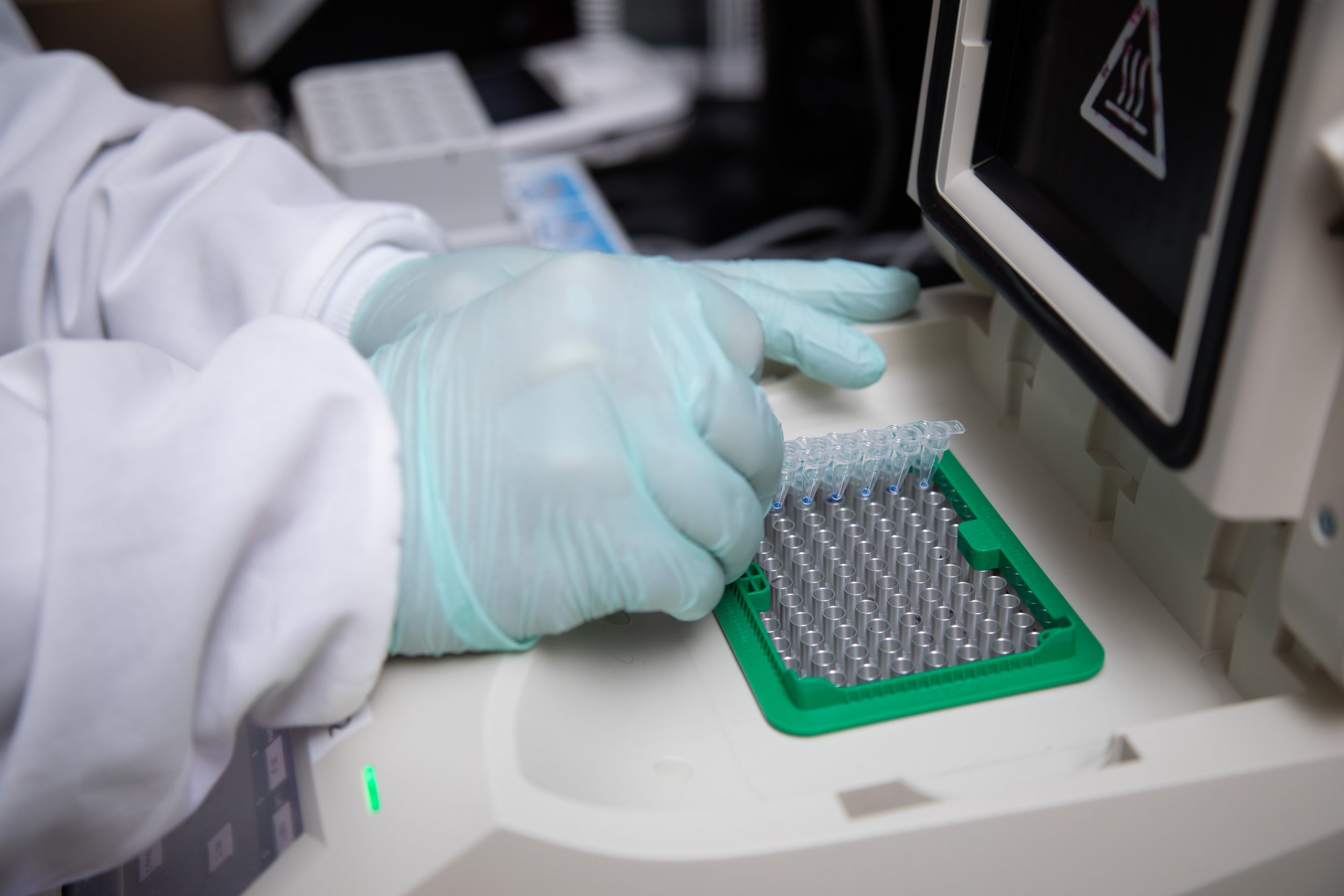
Gusa Lab Publications
2025
-

Temperature and genetic background drive mobilization of diverse transposable elements in a critical human fungal pathogen (Mackey et al, in review, BioRxiv)
Transposable elements (TEs) are key agents of genome evolution across all domains of life. These mobile genetic elements can cause mutations through transposition or by promoting structural rearrangements. Stress conditions can amplify TE activity, either by impairing TE suppression mechanisms or through stress-induced interactions between transcription factors and TE sequences, offering a route for rapid genetic change. As such, TEs represent an important source of…
-

Climate Change Impacts on Environmental Fungi: Human Health and Fungal Disease (Ramos Irizarry et al, Current Topics Microbiology & Immunology)
Climate changes including rising temperatures and increasing severe weather events (e.g., hurricanes, flooding, and wildfires) are impacting Earth's ecosystems and increasing microbial threats to human health. Microbes in the environment, including bacteria and fungi, are adapting to new habitats and hosts in ways that may make them more disease-causing. Environmental fungi are particularly climate-sensitive, with…
-

Genome-wide analysis of heat stress-stimulated transposon mobility in the human fungal pathogen Cryptococcus deneoformans (2023)
Rising global temperatures and climate change are predicted to increase fungal diseases in plants and mammals. However, the impact of heat stress on genetic changes in environmental fungi is largely unexplored. Environmental stressors can stimulate the movement of mobile DNA elements (transposons) within the genome to alter the genetic landscape. This report provides a genome-wide assessment of heat stress-induced transposon mobilization…
-

Transposon mobilization in the human fungal pathogen Cryptococcus is mutagenic during infection and promotes drug resistance in vitro (2020)
The incidence of infections due to fungal pathogens has dramatically increased in human populations with weakened or suppressed immune systems. Understanding how organisms rapidly adapt during human infection to enhance virulence and evolve drug resistance is important for developing effective treatments. We find that transposon mobilization in the human pathogen Cryptococcus causes genomic mutations in a murine model of infection and promotes resistance to…